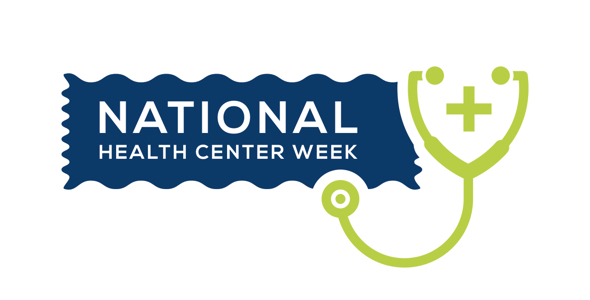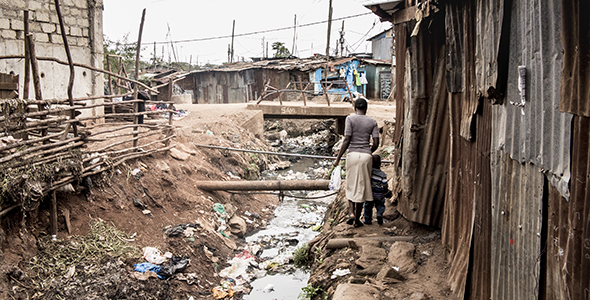Community Health Centers serve as a beacon of strength, service, and care in their communities, providing nearly 30 million underserved patients with access to comprehensive, primary and preventive care.
COVID-19 Pandemic Presents Opportunities for Formal Integration of Antimicrobial Stewardship & Infection Prevention Programs
A 2018 paper jointly published by three leading infectious disease organizations (APIC, SHEA, and SIDP) stated that infection prevention and control and antibiotic stewardship programs are inextricably linked.
Clean Water, Sanitation, and Wastewater Management in Low-Income Communities May Help Mitigate Antimicrobial Resistance Worldwide
To fully address the risks that antimicrobial resistance poses to human health, public health measures—including clean water access, sanitation, and wastewater management—should be evaluated, implemented, and enforced regardless of a community’s or country’s economic and political resources.
Understanding the Threat of Group B Streptococcus Bacteria to Newborns and High-Risk Individuals
In the United States, Group B Streptococcus (GBS) bacteria are a leading cause of meningitis and sepsis in a newborn’s first three months of life. The bacteria may be passed from pregnant women to their babies during delivery, because about one in every four pregnant women carry GBS bacteria in their body.
The Value of Diagnostics in Combatting Antimicrobial Resistance – A Public Health Problem
At this year’s World Anti-Microbial Resistance Congress, Dr. Tristan Timbrook delivered a...
Lindsay Denny Discusses the Critical Role of WASH in Preventing Infectious Diseases and Fighting Antimicrobial Resistance
WASH, which stands for water, sanitation, and hygiene, are basic...






